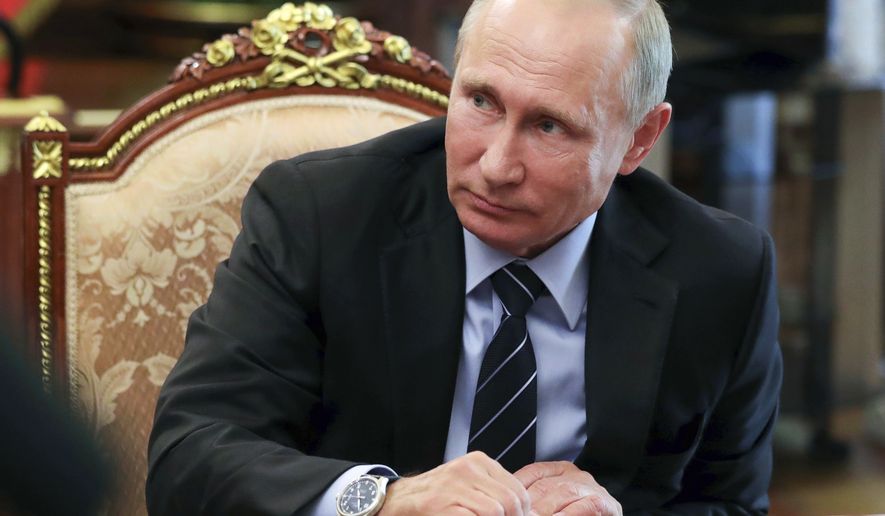Four years ago, 20 percent of the banking assets of the tiny, landlocked nation of Moldova simply disappeared.
In Europe’s poorest country, this was a lot of money and a very big deal. The loss of the money to an intricate looting scheme angered ordinary Moldovans who marched in the streets and put the blame squarely on the shoulders of the pro-European Union government.
Investigators in the Moldovan government pointed a finger at Russia and its security services. Over half the cash was said to have been traced east to somewhere in Russia, with the rest squirreled away in offshore accounts. The alleged motive for the plot was to undermine faith in the Moldovan government, which was getting much too friendly with the EU for the Kremlin’s liking.
Well, if that was the agenda — it worked. The parliament erupted in protest and a pro-Russian president, Igor Dodon, was elected. One of his first official actions was to fly to Moscow and hold court with Russian President Vladimir Putin.
Since then, things have only gotten stranger, and the tilt toward Russia has become a topic of fierce debate. Moldovan officials now report being harassed while traveling inside Russia. Five Russian diplomats were declared persona non grata by Moldova, accused of activities harmful to the country. Moldova recalled its ambassador from Russia.
Moldova and Romania then prevented Russian Deputy Prime Minister Dmitry Rogozin from overflying their territory to visit Transdniestria, a pro-Russian enclave that has housed a couple of thousand Russian troops since a war there in the early 1990s upon the breakup of the Soviet Union. Ukraine has blocked such overflights since the annexation of Crimea and the war in with Russian-backed separatists in the east. Mr. Rogozin and Mr. Dodon eventually held the meetings in Iran.
Moldova has been ramping up economic pressure on Transdniestria, ending the purchase of electricity from power plants in the disputed region and opening another border crossing with Ukraine to marginalize the enclave’s control of the eastern Moldovan border.
Back in Moscow, members of the Duma declared that Russia would “defend” Transdniestria if need be.
In spite of such threats, it seems that the government of Moldovan Prime Minister Pavel Filip is bent on rejecting a turn toward the Russian Federation, and is welcoming further integration with the EU.
Mr. Dodon remains committed to Russia. He recently attempted to stop a small contingent of Moldovan troops from participating in NATO military exercises in Georgia. The Moldovan parliament is vowing to overrule the action.
Perhaps taking a cue from America’s political drama, the leader of Moldova’s Liberal Party Mihai Ghimpu, now suggests Mr. Dodon should be impeached. “The president not just refuses to approve laws, but has been making mistakes recently. We request our counterparts from all factions to support this initiative,” reported TASS, a Russian news agency.
Mr. Dodon is fighting back and a battle of wills has developed over presidential authority to command the military and prevent troops from participating in NATO drills.
“It will not happen, because there are presidential powers — whether you like it or not,” Mr. Dodon told parliament recently. “There will never be an usurpation of presidential powers in the interests of someone abroad. … If you do not like that, let us have a referendum and see whom the people trust.”
One thing is for sure, Moldova has joined Ukraine in the cross-hairs of the Kremlin’s campaign to control its “near abroad” and prevent further integration with the EU by former Soviet territories. Moscow has shown it is willing to take extreme measures to prevent this.
Perhaps this is what Mr. Putin had in mind when he said the demise of the Soviet Union was the “greatest geopolitical catastrophe” of the last century.
• L. Todd Wood is a former special operations helicopter pilot and Wall Street debt trader, and has contributed to Fox Business, The Moscow Times, National Review, the New York Post and many other publications. He can be reached at LToddWood.com.




Please read our comment policy before commenting.